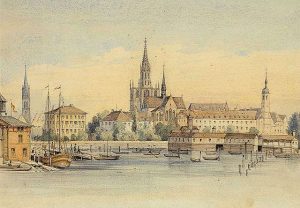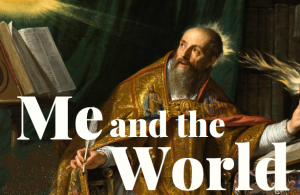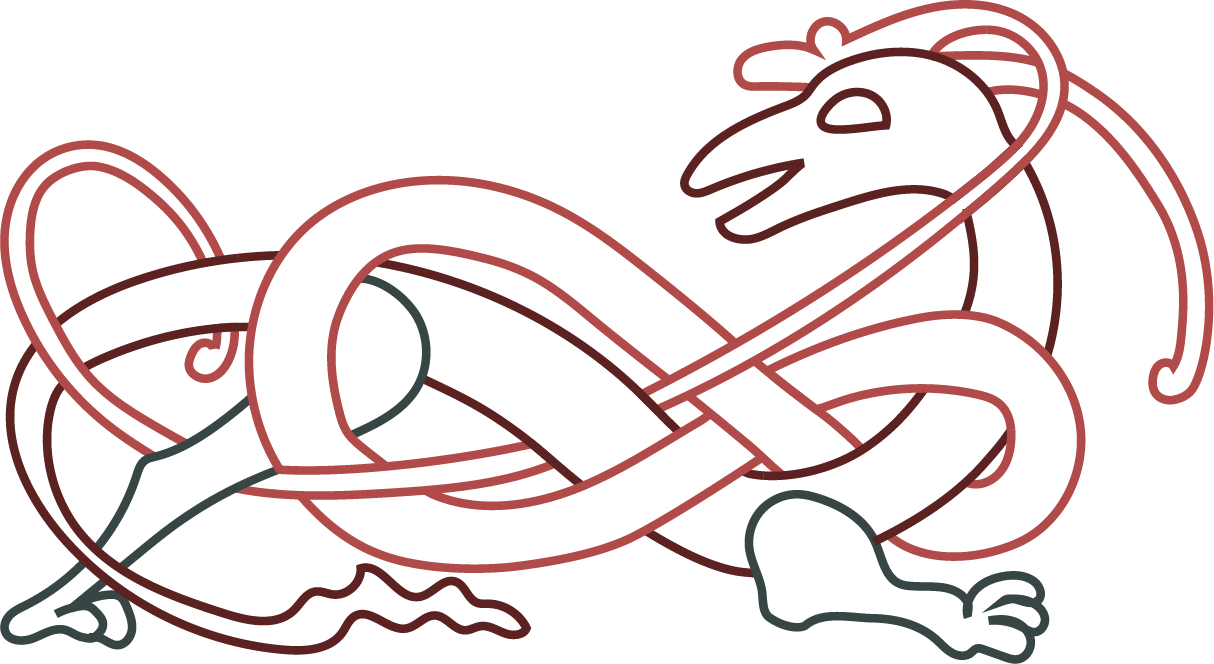
Vážené kolegyně, vážení kolegové,
Společnost Husova muzea v Praze a Centrum medievistických studií vypisují stipendium pro doktorandy medievisty. Budeme se těšit na přihlášky!
S pozdravem Robert Novotný
Fida Pfister Stipendium je stipendium pro doktorandy medievisty z České republiky. Zřizovateli jsou Společnost Husova muzea v Praze, Centrum medievistických studií a Universität Konstanz. Smyslem je poskytnout podporu pro týdenní badatelské pobyty v Kostnici, zejména pro studium ve zdejší univerzitní knihovně, která disponuje rozsáhlým prezenčním fondem medievistické literatury. Úspěšní uchazeči mají zajištěno zdarma ubytování v Husově domě a uhrazení cestovních nákladů, od univerzity obdrží podporu 100 EUR. Kromě toho získají průkaz do knihovny, kopírovací/skenovací kartu, průkazku do menzy, pro zájemce je k dispozici kolo. Termín pobytu bude operativně dohodnut podle technických možností provozu Husova domu.
Zájemci o stipendium nechť stručně popíší svůj badatelský záměr (max. jedna normostrana) a zašlou ho spolu s profesním životopisem na adresu novotny@flu.cas.cz. Aktuální termín odevzdání žádostí je 15. duben 2018, pro letošní rok jsou vypsána dvě stipendia.

Lecturer: Klára Soukupová (Prague).
Annotation:
The genre of autobiography is often situated on borderline between fiction and non-fiction; autobiography refers to real characters and events, but at the same time it is a literary work of art, a verbal construct. The lecture concentrates on major problems of the genre of autobiography (truth, memory, subjectivity) as well as on history of autobiography (canonical texts) and it goes through development of theory of autobiography in 20th century.
The lecture is a part of the series Me and the World … Autobiography in Medieval and Early Modern Europe.

Lecturer: Jürg Glauser (Zürich).
Annotation:
Icelandic literary culture of the seventeenth and eighteenth centuries still bears many traces of the medieval tradition. This is also the case when it comes to representations of self-conceptions as expressed in early modern autobiographies. The present paper deals primarily with two representative examples of the genre,
1) the priest Jón Magnússon’s (1610-96) Píslarsaga (1658-59, ‘Story of Sufferings’(English translation by Michael Fell as And Though This World with Devils filled. A Story of Sufferings, 2007)
2) Sjálfsævisaga (1750ff., ‘Autobiography’) by the priest síra Þorsteinn Pétursson á Staðarbakka (1710-85) Beyond being quite remarkable representations of autobiographies in general, the two texts display a number of features that are specific for this genre in the pre-modern era, such as the creations of individual selves in relation to God and society, the importance of Christian faith, belief, religion and theology, the vital role mental and physical health plays in the narratives. In Píslarsaga, an additional element that defines the text in a very specific manner are the descriptions of the prosecution of putative sorcerers in seventeenth century Iceland.
The lecture is a part of the series Me and the World … Autobiography in Medieval and Early Modern Europe.

Lecturer: Carolyne Larrington (Oxford).
Annotation:
This lecture will talk about some of the ways in which the poetic form of ‚ævidrápur‘ (deeds of a life) functions within the fornaldarsaga genre in Old Norse. These autobiographically styled poems look back over and reflect a little on the lives of the Viking ancestors of medieval Scandinavians. Some may indeed draw on ancient traditions, others be antiquarian re-imaginings, but their focus on violence, loss, regret – and even love – allows us draw parallels with other kinds of autobiographical composition.
The lecture is a part of the series Me and the World … Autobiography in Medieval and Early Modern Europe.
